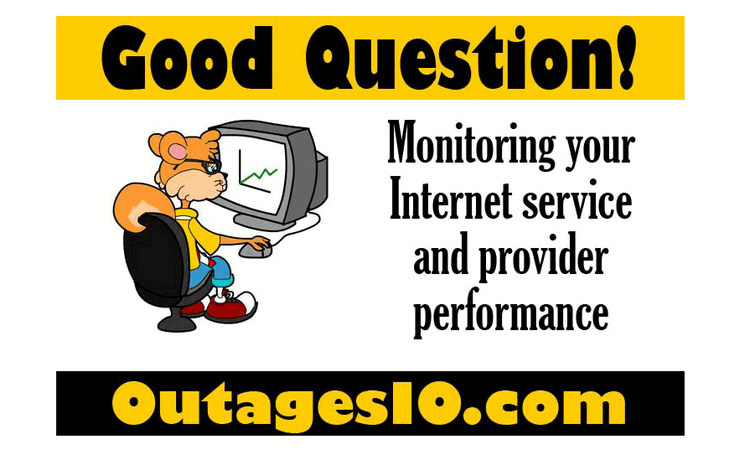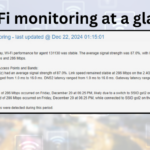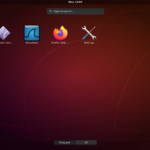Understanding Upload vs Download Speed Differences
Introduction
In the world of the internet, speed is everything. From streaming video and online gaming to remote work and e-commerce, fast and reliable internet is crucial to our daily lives.
However, not all internet speeds are created equal. When it comes to internet performance, the terms “upload speed” and “download speed” are often used interchangeably, but they refer to two distinct measures of internet speed.
In this article, we will explain the differences between upload and download speeds, why they matter, and how OutagesIO.com can help monitor and optimize your internet connection.
What is Download Speed?
Download speed measures how quickly data can be transferred from the internet to your device. This includes activities such as streaming video, downloading files, and browsing the web.
Download speed is typically higher than upload speed and is usually the primary consideration when selecting an internet service provider (ISP).
According to ZDnet.com, download speed is measured in megabits per second (Mbps), which refers to the amount of data that can be transferred in one second.
What is Upload Speed?
Upload speed measures how quickly data can be transferred from your device to the internet. This includes activities such as sending emails, uploading files, and video conferencing.
Upload speed is typically lower than download speed, and many types of internet connections are designed to prioritize download speed over upload speed.
According to USNews.com, the reason for this is that most people require faster download speeds for their internet activities.
Upload speed is also measured in Mbps and is an essential consideration for activities such as online gaming and video conferencing, where a high-quality connection is necessary for smooth and uninterrupted communication.
Why Do Upload and Download Speeds Matter?
Upload and download speeds are both essential to the overall performance of your internet connection. Slow speeds can cause frustration, buffering, and even dropped connections.
As more of our daily activities move online, the demand for faster and more reliable internet speeds will only continue to grow.
According to Toms Guide.com, a download speed of 3 Mbps and an upload speed of 0.5 Mbps are the minimum recommended speeds for most internet activities.
However, for more demanding activities such as online gaming or high-quality video streaming, higher speeds may be necessary.
How OutagesIO.com Can Help
OutagesIO.com is a powerful tool that can help monitor and optimize your internet connection for optimal performance. All it takes is a simple three step install and from then on you’ll know how your Internet and provider are performing.
With OutagesIO.com, you can easily track your upload and download speeds, ping rates, and other important metrics.
OutagesIO.com can also alert you to internet outages and other issues, helping you diagnose and fix problems quickly. By using OutagesIO.com, you can ensure that your internet connection is fast, reliable, and performing at its best.









